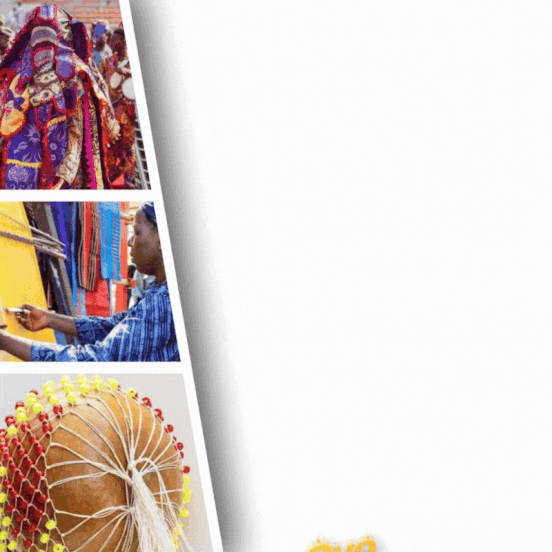Yesterday, Friday, August 8, 2025, Ibadan stood still to honour the late Olubadan of Ibadanland, Oba Akinloye Owolabi Olakulehin. From the early hours, major roads fell silent, and dignitaries from across Nigeria converged on Aremo for the monarch’s final rites. It was a day steeped in reflection, anchored in the city’s long-standing tradition of revering its paramount ruler.
However, while thousands gathered to pay their last respects, the All Progressives Congress (APC) took a different route both literally and figuratively. In Bodija Market, one of Ibadan’s busiest commercial hubs, the party pressed ahead with its flag-off rally for the Ibadan North Federal Constituency bye-election, just hours before the Olubadan was laid to rest.
The move was already controversial, but tensions escalated when reports emerged that Minister of Power Adebayo Adelabu, Senator Sharafadeen Alli, and former Senate Leader Teslim Folarin were absent from the burial rites. The Peoples Democratic Party (PDP), which said it suspended its own campaign activities “out of respect for the Olubadan,” seized the moment. In a flurry of statements, PDP leaders branded the APC’s choice as “recklessness” and “a shameless display of political desperation.”
They accused Adelabu, Alli, and other APC heavyweights of “shunning” the burial to attend the Bodija rally, describing it as a cultural insult to Ibadan. The APC, however, pushed back, saying the rally had been planned weeks earlier, with stakeholders and logistics already locked in. The party insisted the campaign calendar, ahead of the August 16 bye-election, left no room for postponement, and that members had paid private condolences to the Olubadan’s family before the burial day.

In Ibadan today, the Olubadan is more than a ceremonial figure; the throne represents unity, identity, and continuity. The burial of an Olubadan is traditionally a moment when political divides dissolve, a rare occasion where rivals stand side-by-side, united in respect for the crown. Against this cultural backdrop, staging a noisy political rally in a major market on the same day was bound to stir debate. For many residents, it felt like a symbolic clash: the weight of tradition versus the urgency of politics.
Even more now, critics argue that the APC’s choice revealed a tone-deafness to Ibadan’s cultural heartbeat. In a city where political capital is tied as much to tradition as to policy, ignoring such a historic moment risks alienating voters beyond the bye-election. The optics of megaphones in Bodija while pallbearers in Aremo carried the city’s monarch to his final resting place handed the PDP a narrative advantage that even the best explanations might not erase.
Meanwhile, from the APC’s perspective, the timing was a political necessity. With just over a week to the bye-election, every day counts in voter mobilisation. Cancelling or postponing the rally could have meant losing momentum in a constituency already embroiled in internal party disputes. Furthermore, APC sources stress that prominent members had previously paid homage to the Olubadan’s family, fulfilling cultural obligations before the burial day. In their view, honouring tradition privately while pursuing political commitments publicly is a valid balance.
Whether the APC’s actions will be judged as a cultural misstep or an unfortunate clash of schedules will depend on which version of the story voters believe. In politics, especially in Ibadan, perception can outweigh explanation.The late Olubadan now rests, but the political storm his burial day triggered is still swelling. Its echoes may be heard loudest not in the palace courtyards, but in the polling units of Ibadan North on August 16.

